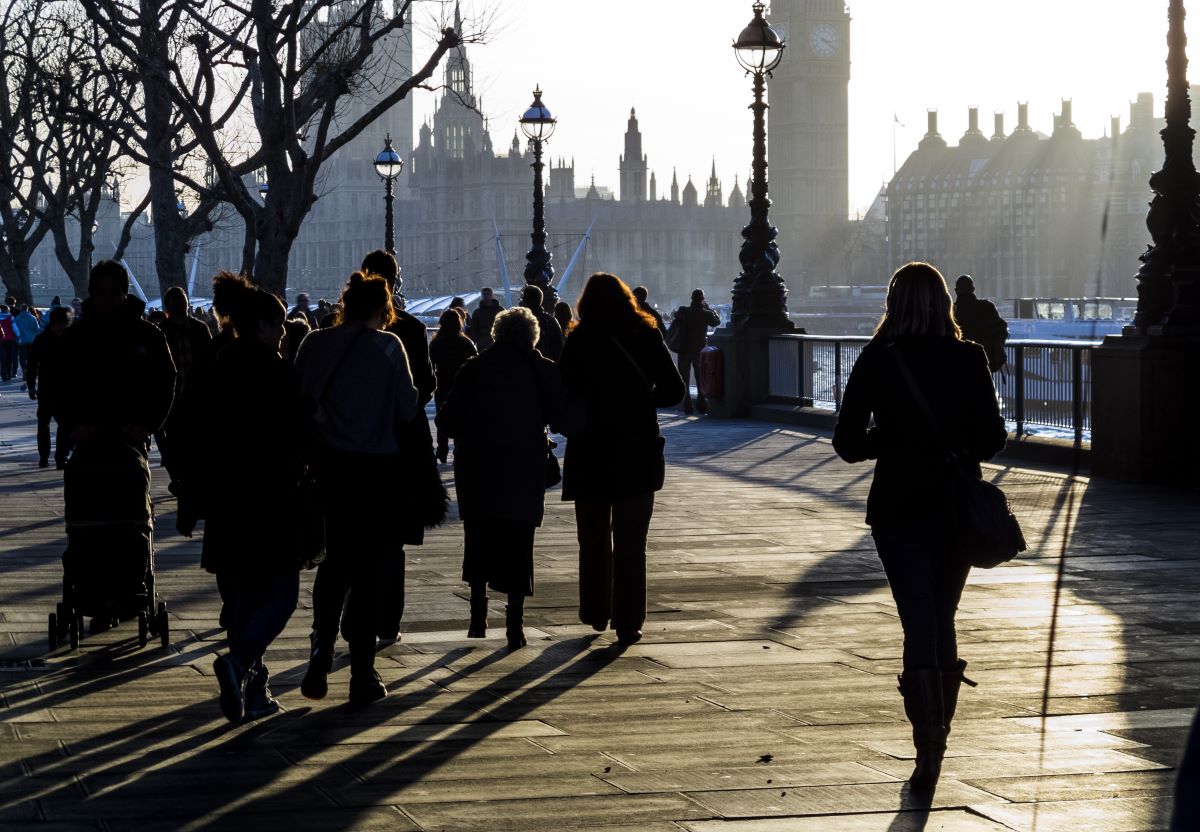As the British Isles grapple with the whirlwind of globalisation and cultural shifts, one can’t help but wonder, is Britain losing the essence of what makes it British? Are we trading our rich heritage for a fleeting taste of the global marketplace?
1. High Street Homogenisation
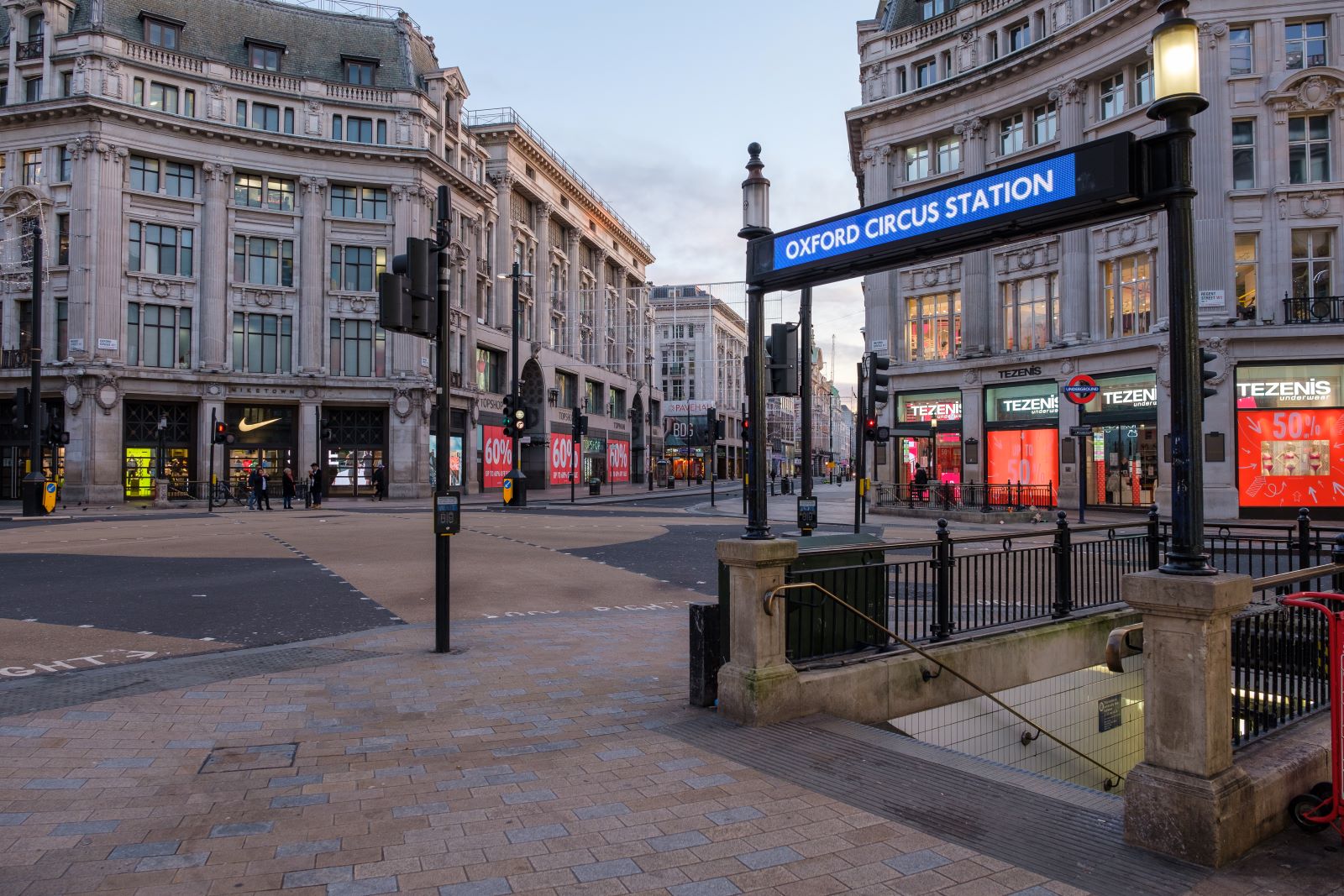
Once brimming with local shops, Britain’s high streets are now seas of uniform franchises. Data from the Local Data Company reveals a stark increase in chain stores, while independent outlets are closing at alarming rates. This shift dilutes the unique character of British towns, replacing local charm with global sameness.
2. The Dilution of British Broadcasting
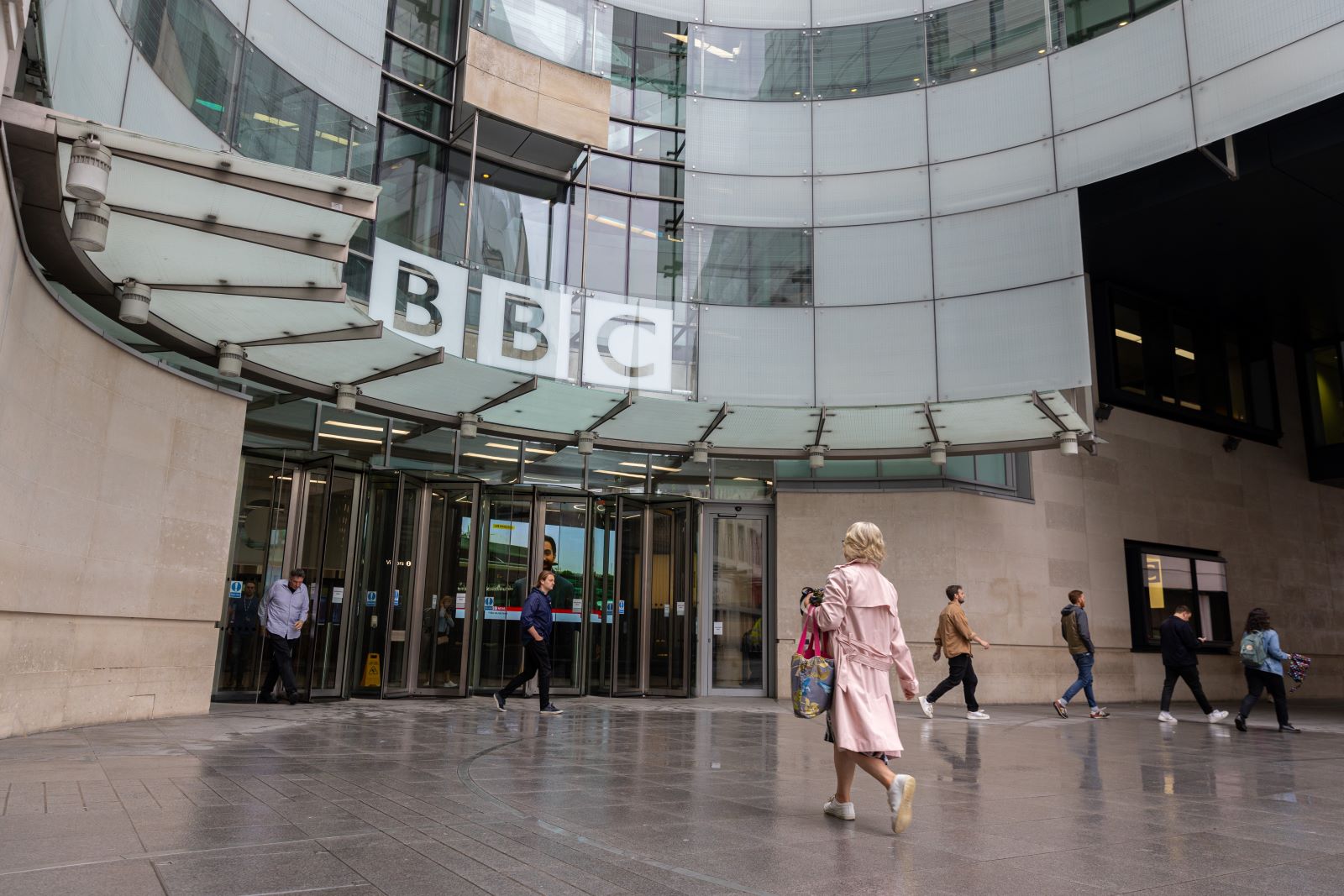
The British Broadcasting Corporation (BBC), once a beacon of British values, now faces criticism for a perceived shift towards more global, less distinctly British programming. According to a 2023 report from Ofcom, there’s growing public concern that the BBC’s focus is straying from its traditional audience to appeal to a broader, less UK-centric viewership.
3. Loss of Linguistic Diversity
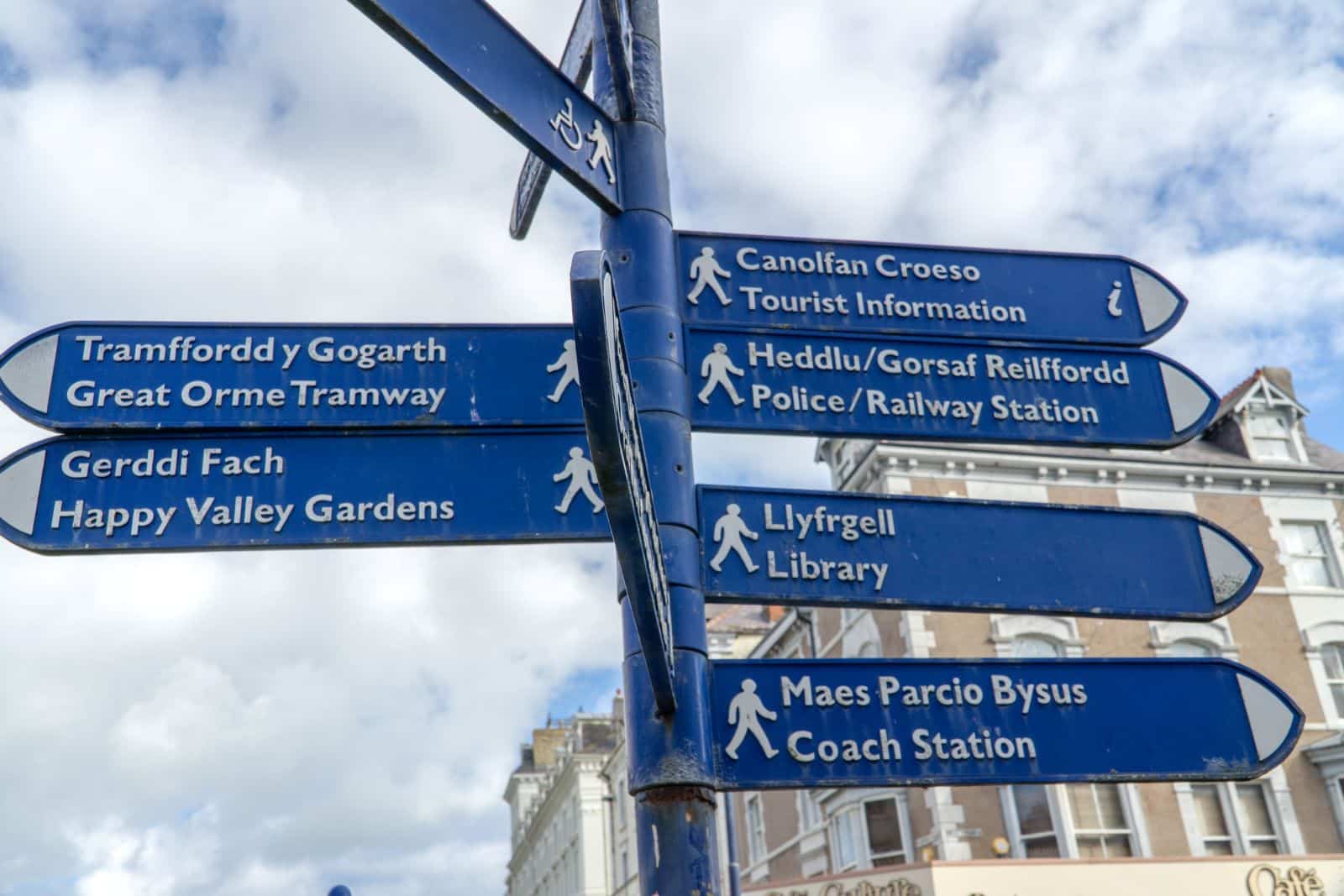
The UK’s linguistic heritage, including Welsh, Scots Gaelic, and Cornish, is under threat. Despite government efforts, UNESCO classifies several of these languages as “definitely endangered.” This loss not only erases words but also the history and culture they carry.
4. Educational Shifts Away from British History

There’s an ongoing debate about the focus of the UK educational curriculum. Critics argue that British history is being sidelined in favour of more global perspectives. A 2024 study from the Historical Association reported that fewer schools are opting for GCSE courses focusing solely on British history, favouring broader, more international syllabi.
5. The Americanisation of British Culture

From fast food to Black Friday sales, American culture continues to permeate British life. This cultural shift is not just about consumer habits; it’s reshaping British norms and expectations, sometimes at the expense of local traditions.
6. Property Ownership Shifts
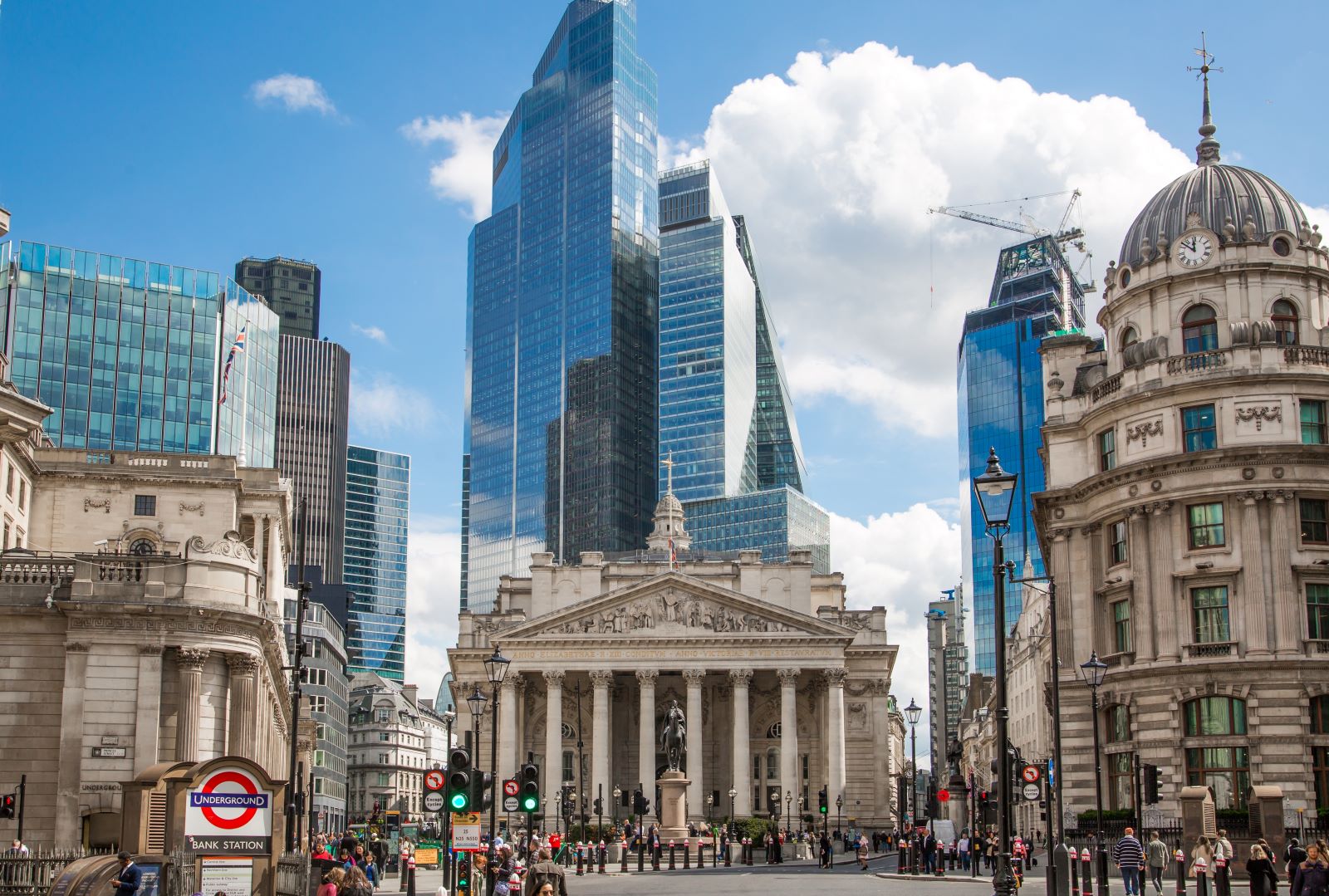
A significant portion of British property is now owned by overseas investors. The Guardian reported in 2023 that over 10% of London’s properties are held by non-UK-based owners, driving up prices and making it harder for Britons to own property in their own capital.
7. Influence of International Law and Policy

As Britain adapts to global standards and regulations, some argue that British sovereignty is being eroded. This includes adherence to international environmental accords and trade laws which some feel compromise Britain’s ability to self-govern according to its own needs and values.
8. Changes in National Cuisine

British cuisine, once known for its distinct flavours and dishes, is increasingly adopting international influences. While this diversifies the UK’s culinary scene, it also muddies traditional diets, with a 2024 survey showing that curry, sushi, and pizza are now as common as fish and chips.
9. Media Consolidation and Global Influence

The consolidation of British media under large, often international corporations is changing what and how Britons view news and entertainment. This shift often prioritises global news over local stories, changing the narrative focus from UK-centric issues.
10. Diminishing Community Cohesion

Community bonds in Britain, traditionally strong, are weakening as modern life becomes more transient and individualistic. Studies from the Office for National Statistics in 2023 show a decline in community participation and high-street footfall, signaling a move away from community-focused living.
11. Impact of Technology on Traditional Skills

The rapid adoption of technology is leading to a decline in traditional crafts and skills, from thatching to dry stone walling. The Heritage Crafts Association warns that without intervention, many of these skills could disappear within a generation.
12. Environmental Changes and Loss of Natural Landscapes

Britain’s natural landscapes are under threat from urbanisation and climate change, leading to a loss of green belts and natural habitats. This not only affects biodiversity but also alters the quintessentially British rural landscape cherished by many.
13. Shifts in Public Celebrations and Holidays

Traditional British public holidays and celebrations are feeling the squeeze from more generic, often commercialised events. This shift is evident in the increasing prominence of Halloween and Valentine’s Day over more traditional occasions like Bonfire Night and May Day.
14. The Commercialisation of Sport

British sports, particularly football, are becoming increasingly commercialised. The influx of foreign investment and ownership in clubs like Manchester United and Liverpool is changing the landscape of British football, prioritising global fanbases and revenues over local supporters.
15. Migration and Demographic Changes
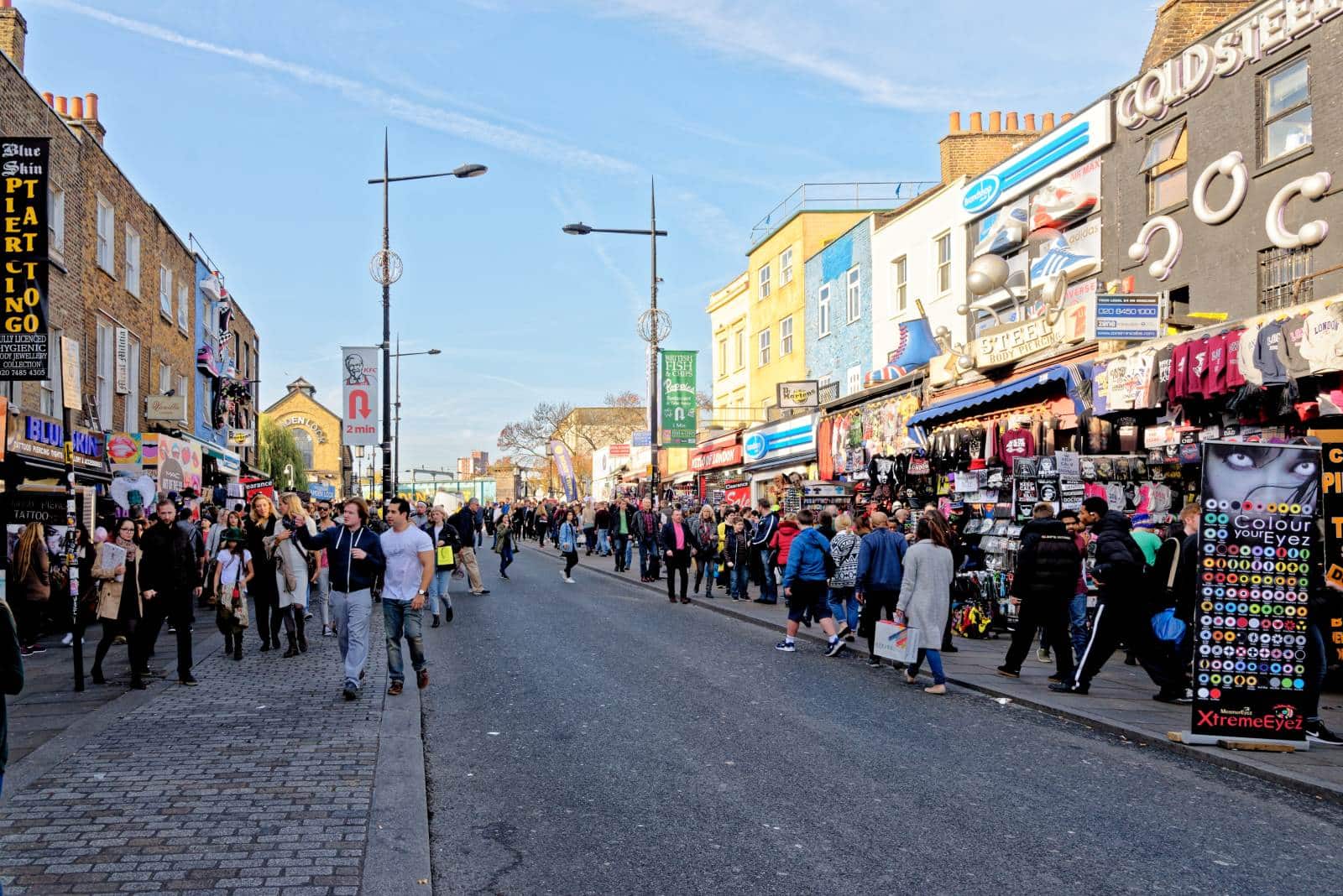
Migration has significantly altered the demographic landscape of Britain. While enriching British culture, it also presents challenges in integrating diverse populations and maintaining a cohesive national identity, as highlighted by debates on immigration policy.
16. Erosion of Public Services
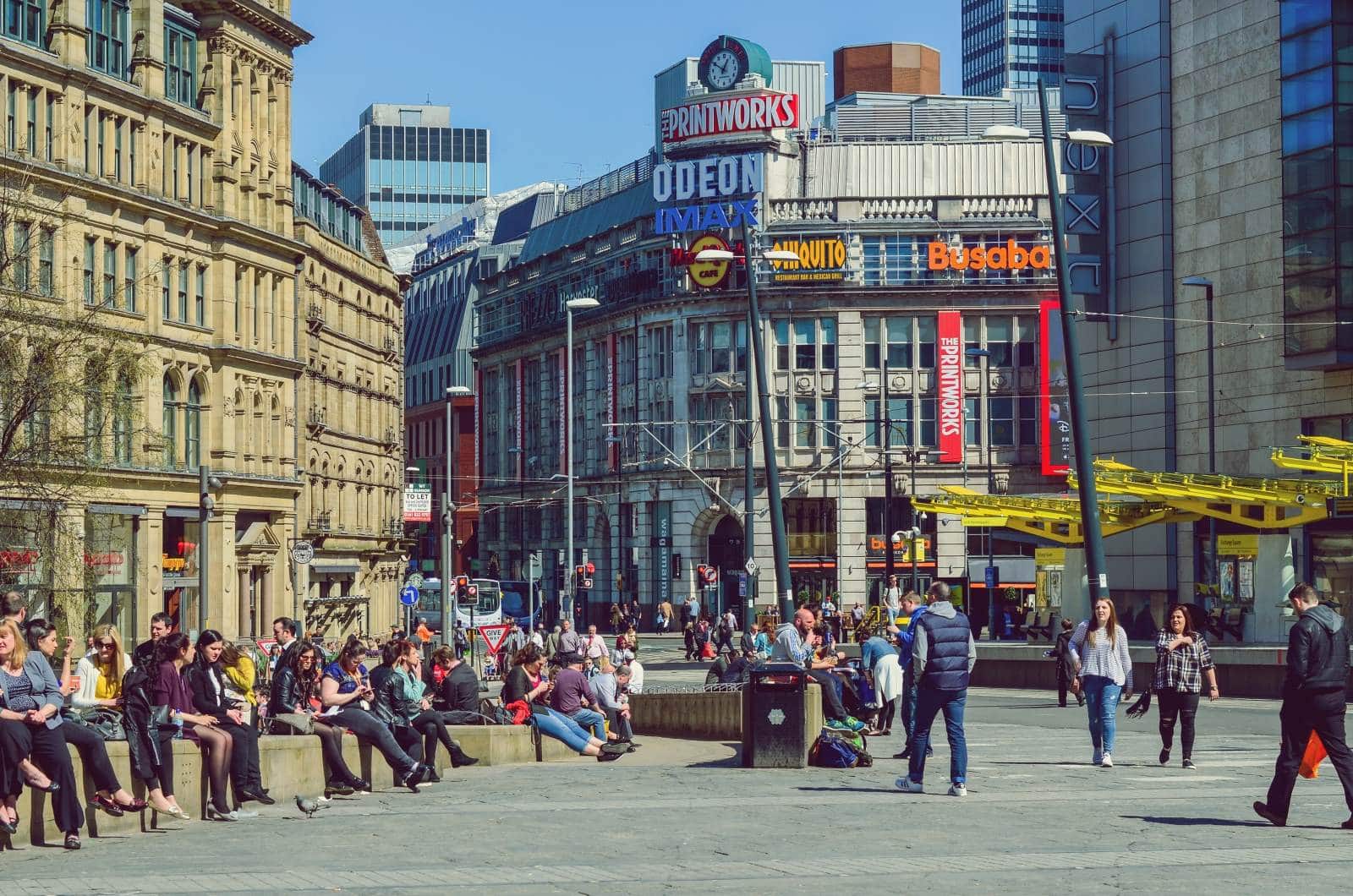
The privatisation of once-publicly owned services like the railways and postal service has shifted the focus from public accountability to profit, altering the fabric of British daily life and impacting public trust and satisfaction.
17. Loss of Iconic British Brands
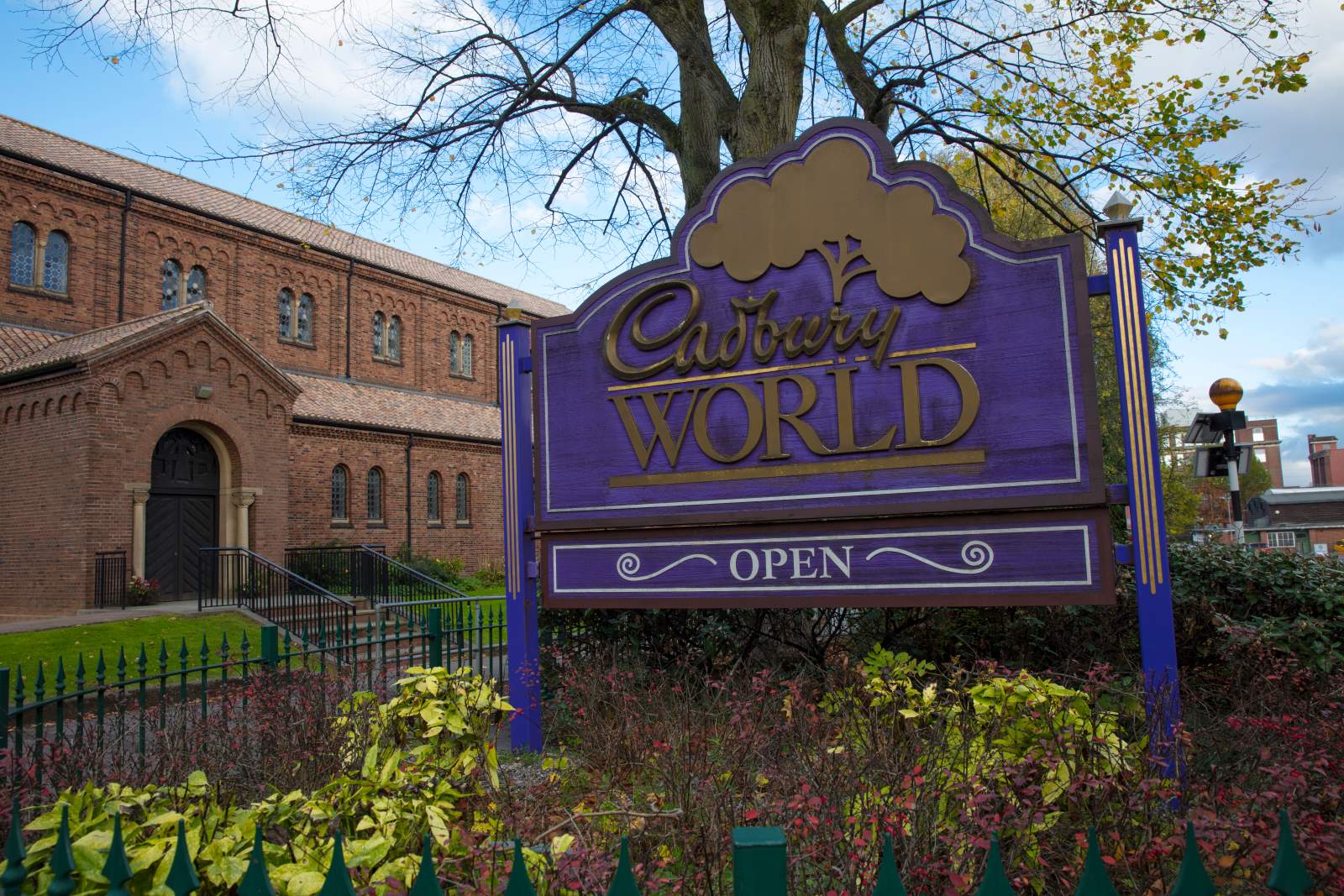
Iconic British brands are increasingly owned by foreign companies, from Cadbury, now part of a US conglomerate, to Newcastle Brown Ale, brewed in the Netherlands. This not only impacts economic control but also dilutes the cultural heritage these brands carry.
18. Decline in Local Journalism

The decline of local journalism in favour of larger, often centralised media outlets reduces the focus on local issues and communities, eroding a key pillar of British local identity and informed citizenship.
19. Reduction in Public Spaces
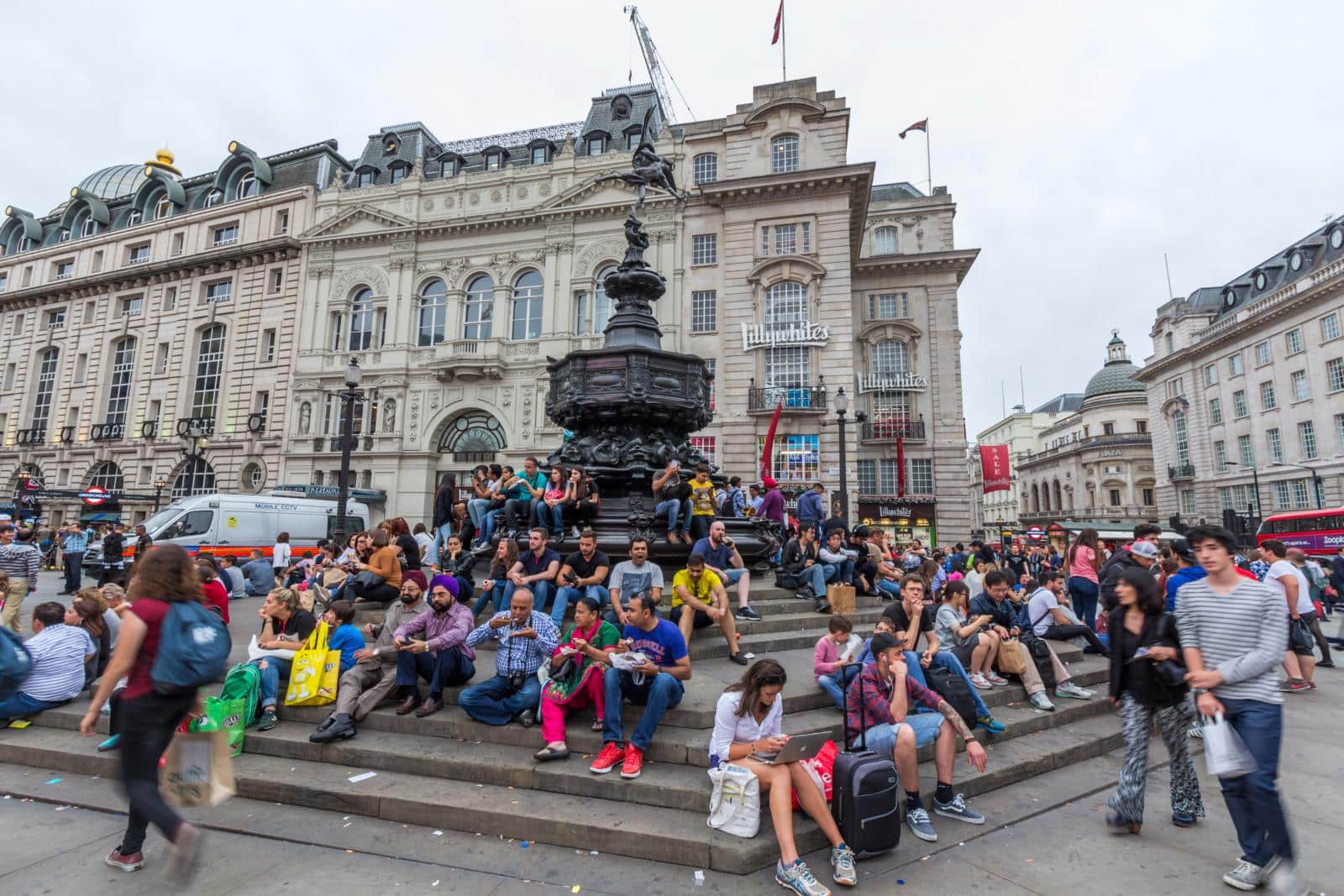
The reduction in public spaces for community use due to privatisation and development pressures limits opportunities for community interaction and cultural expression, further diluting local identities.
20. Over-reliance on Digital Connections

While innovative, the move towards digital-first interactions often comes at the expense of face-to-face community relationships and traditional forms of British communal life, such as pub gatherings and local clubs.
21. Global Political Influences
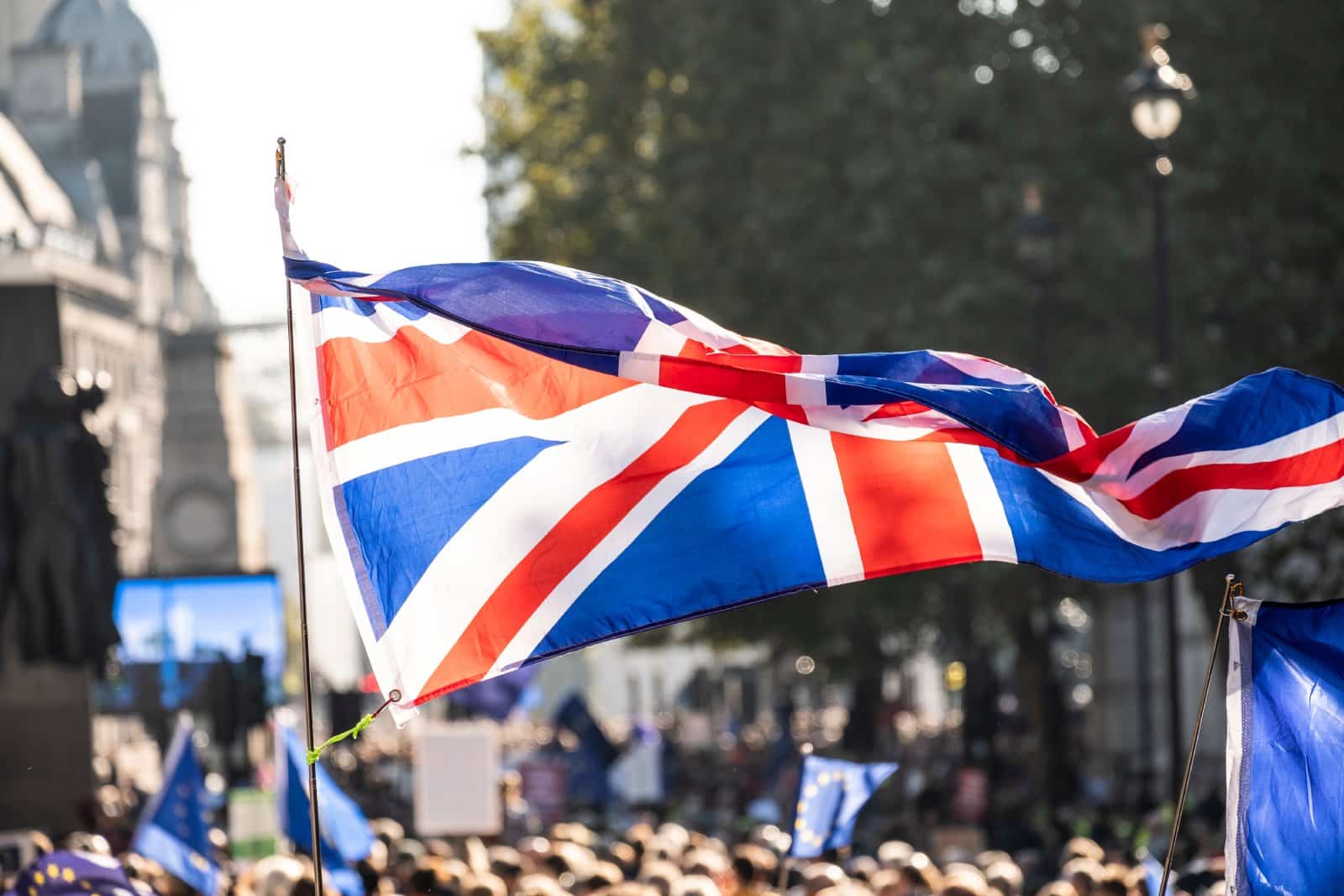
Increasing global political influences on British politics, from foreign lobbying to international policy pressures, are reshaping how Britain governs itself, impacting its sovereign decision-making processes.
Farewell to the Village Green?
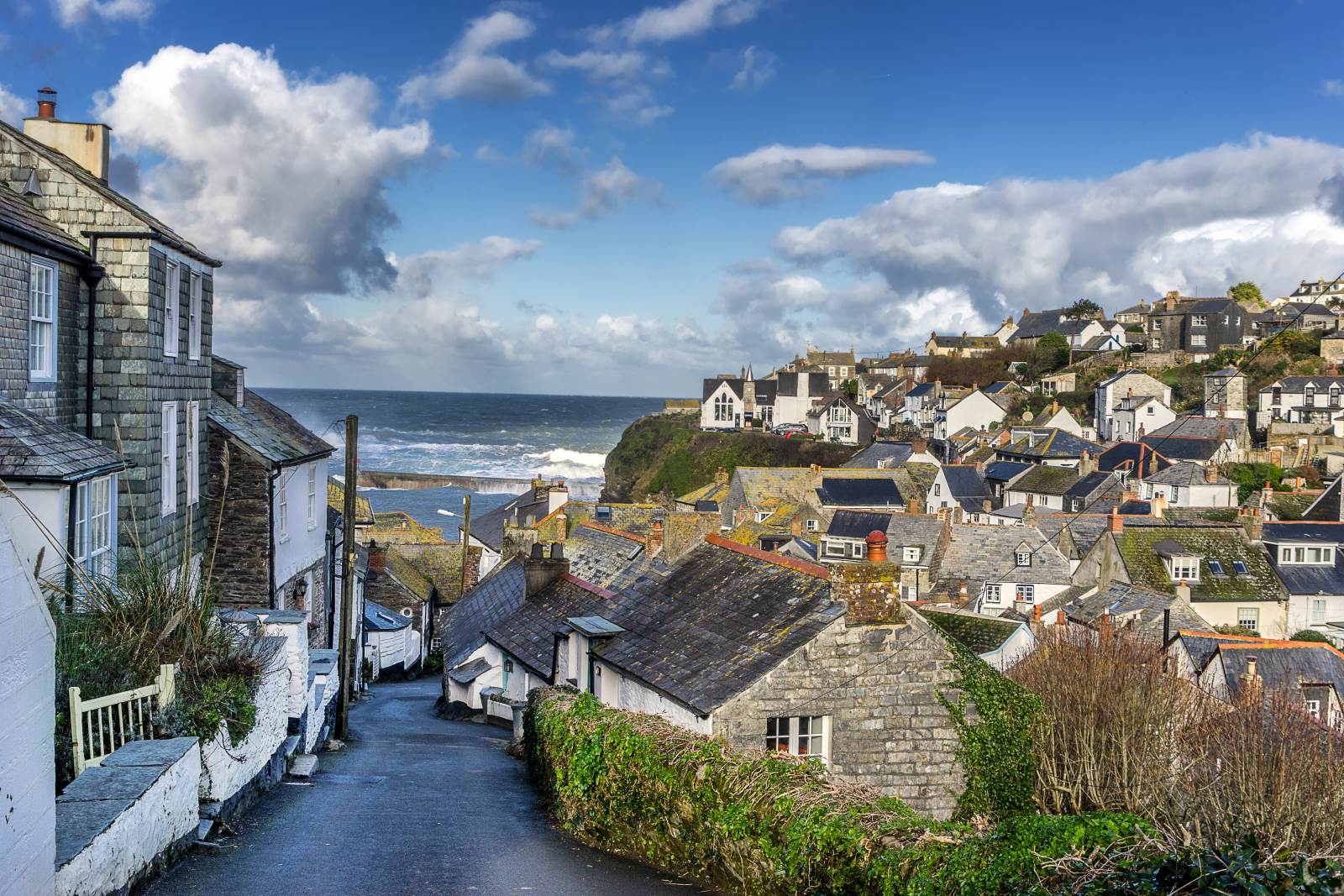
As Britain navigates these transformations, one wonders if the relentless march of progress and globalisation is bulldozing the quaint charm of the village green. Are we selling our souls for a passport to nowhere? This list not only sparks reflection but also serves as a call to preserve the essence of what it means to be British in an ever-changing world.
Featured Image Credit: Shutterstock / ZGPhotography.
For transparency, this content was partly developed with AI assistance and carefully curated by an experienced editor to be informative and ensure accuracy.
The images used are for illustrative purposes only and may not represent the actual people or places mentioned in the article.

